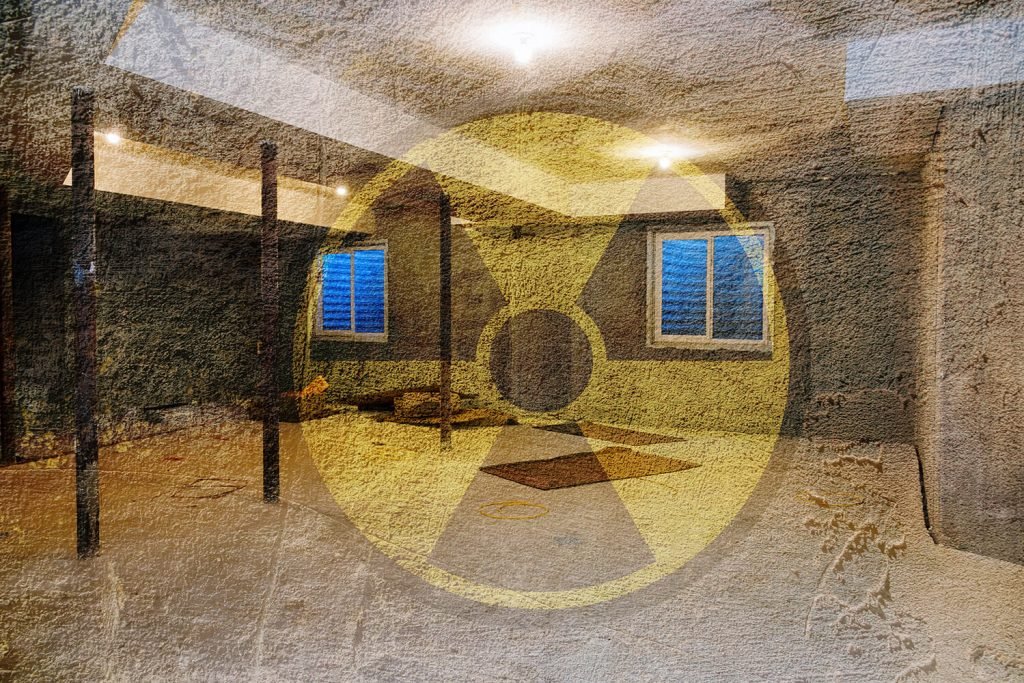Selling Your House with High Radon Levels: A Complete Guide
It's a question many homeowners confront: "Can I sell my house if it has high radon levels?" The simple answer is yes. But there's a lot more to consider. In this article, we dive deep into the world of radon, its risks, mitigation methods, and how it can affect your home sale.
Introduction
Selling a house is already a complex task, but when radon levels come into play, it can seem daunting. Are you worried about high radon levels in your Iowa home? Well, you've come to the right place.
What is Radon?
Radon is a radioactive gas that is colorless, odorless, and tasteless. It is produced from the natural decay of uranium that is found in nearly all soils.
The Risks of Radon Exposure
Long-term exposure to high levels of radon can lead to lung cancer. According to the Iowa Department of Public Health, radon is the second leading cause of lung cancer, right after cigarette smoking.
Radon Levels in Iowa
The average indoor radon level in Iowa is more than six times the national average. This is a crucial factor to consider when buying or selling a home in this state.
Radon Testing
How to Test for Radon in Your Home
Before selling your house, it's essential to test for radon. You can do this yourself using a DIY radon test kit available at home improvement stores or online.
Understanding the Results
Radon levels are measured in picocuries per liter (pCi/L). A level of 4.0 pCi/L or higher is considered hazardous.
Dealing with High Radon Levels
Radon Mitigation Techniques
If you discover high radon levels, don't panic. Various mitigation techniques can effectively reduce radon levels in your home.
Hiring a Professional
For the best results, consider hiring a professional radon mitigation service. They have the expertise to diagnose and correct your radon problem.
So, Can I sell my house if it has high radon levels? Yes, but...
Selling a House with High Radon Levels
Disclosure Laws in Iowa
In Iowa, home sellers are required by law to disclose high radon levels to potential buyers. Honesty is the best policy.
Implications for Home Sellers
While high radon levels might initially seem like a drawback, mitigating them can turn into a selling point. It shows that you're a responsible homeowner who cares about safety.
Increasing the Value of Your House
After radon mitigation, make sure to highlight this in your house listing. It can increase the value of your house and appeal to safety-conscious buyers.
Getting the Right Help
To navigate the complex process of selling a house with high radon levels, consider seeking help from experts. At DSM Real Estate Buyers, we have the knowledge and experience to guide you through every step of the process.
Conclusion
Selling a house with high radon levels isn't an impossible task. With the right testing, mitigation, and honesty about the situation, you can provide a safe, appealing home to potential buyers.
Frequently Asked Questions
- What is the safe level of radon in a home? The EPA recommends action be taken to reduce radon levels if testing shows levels at 4.0 pCi/L or higher.
- How does radon mitigation work? Radon mitigation systems work by reducing the concentration of radon in the home. This is often done by ventilating the home or sealing off areas where radon can enter.
- Does a radon mitigation system add value to my home? Yes, a radon mitigation system can add value to your home as it ensures the safety of the residents.
- Are there companies that specialize in radon mitigation? Yes, there are professional services available that specialize in radon testing and mitigation.
- Does Iowa have high radon levels? Yes, the average radon level in Iowa homes is more than six times the national average.
If your household's average radon concentration goes above 4pCi/L, it's recommended to adopt radon mitigation strategies. Generally, this requires setting up a specific radon mitigation system that assists in safely expelling the gas outside, thus reducing the radon levels to a safer threshold. This system works through underground pipes and a special radon fan. Angie estimates the range for a radon mitigation system is $1,004, however it can as high as $1,200.
Furthermore, radon can infiltrate your home via foundation cracks. If you're planning to sell your house, it's essential to tackle these issues. Smaller cracks can be dealt with using simple caulk, but larger ones could potentially cause severe issues like bowing walls or sloping floors. Angie’s national average statistics indicate that the usual cost for foundation repairs will cost a homeowner $4,954.
As you gear up to put your home on the market, be ready for possible expenses tied to the radon mitigation system and any required foundation repairs. If you're aiming for a swift sale without the added burden of these costs, think about choosing DSM Real Estate Buyers.
DSM Real Estate Buyers provides cash offers for properties in Des Moines, irrespective of their condition - even those with elevated radon levels. Our experienced team of real estate professionals is eager to discuss your needs and can present a no-obligation cash offer within just a day. We promise a closing devoid of any contingencies, letting you quickly finalize your home sale and move on with your life.
With DSM Real Estate Buyers, the process of selling your home becomes efficient and worry-free, with absolutely no obligation or pressure. If you're considering asking for your cash offer, don't hesitate to reach out to us at 515-444-5940 to schedule your appointment today!

